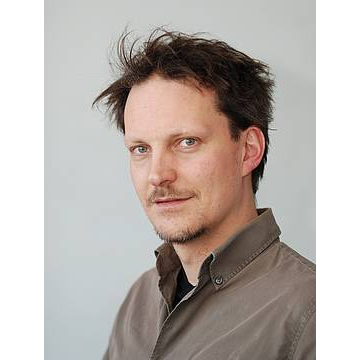Speaker Details

Klaus Frick
Professor @ Technik Buchs NTB
Prof. Dr. Klaus Frick was born in 1980 in Bludenz (Austria) and studied Mathematics and Physics at the University of Innsbruck. During his Diploma-Thesis 2004 he made first contact with mathematics challenges in industrial contexts as he worked on a geometrical tolerance CAD system for the German transmission supplier Getrag Ford Transmission in Cologne. He continued his stay in Innsbruck and did a PhD in the field of convex analysis and partial differential equations with applications in mathematical image processing in the group of Prof. Dr. Otmar Scherzer. Between 2008 and 2013 he held a postdoctoral position at the Institute for Mathematical Stochastics at the University of Göttingen where he was primarily engaged in research projects at the interface of optimization and mathematical statistics. Among others, his theoretical findings paved way to locally adaptive image filters for confocal fluorescence microscopy recordings. Since 2013 Frick is a lecturer for mathematics and physics at the Interstate University of applied sciences of technology NTB in Buchs. Aside to giving lectures in the bachelor and masters studies, he is engaged in research projects in cooperation with the local industry with a focus on the combination of physical modelling and data science approaches.
Functional Data Analysis as a Generic Mining Approach for Industrial Data
Modern industrial manufacturing processes attempt to monitor product quality by storing a huge amount of data during production, such as contact forces, motor torques or temperatures – often at a high temporal resolution. As a result, the production data often consists of an array of curves instead of a usual feature matrix. Building machine learning based monitoring systems thus amounts to take into account the sequential nature of this kind of data. Functional data analysis (FDA) is a toolset promoted by Ramsey and Silverman in the 80s for performing this task in a most natural way. In this talk we review our experiences with FDA in recent industrial applications ranging from quality monitoring of cardboard packages of pharmaceutics to the acoustic analysis of steering gears.
